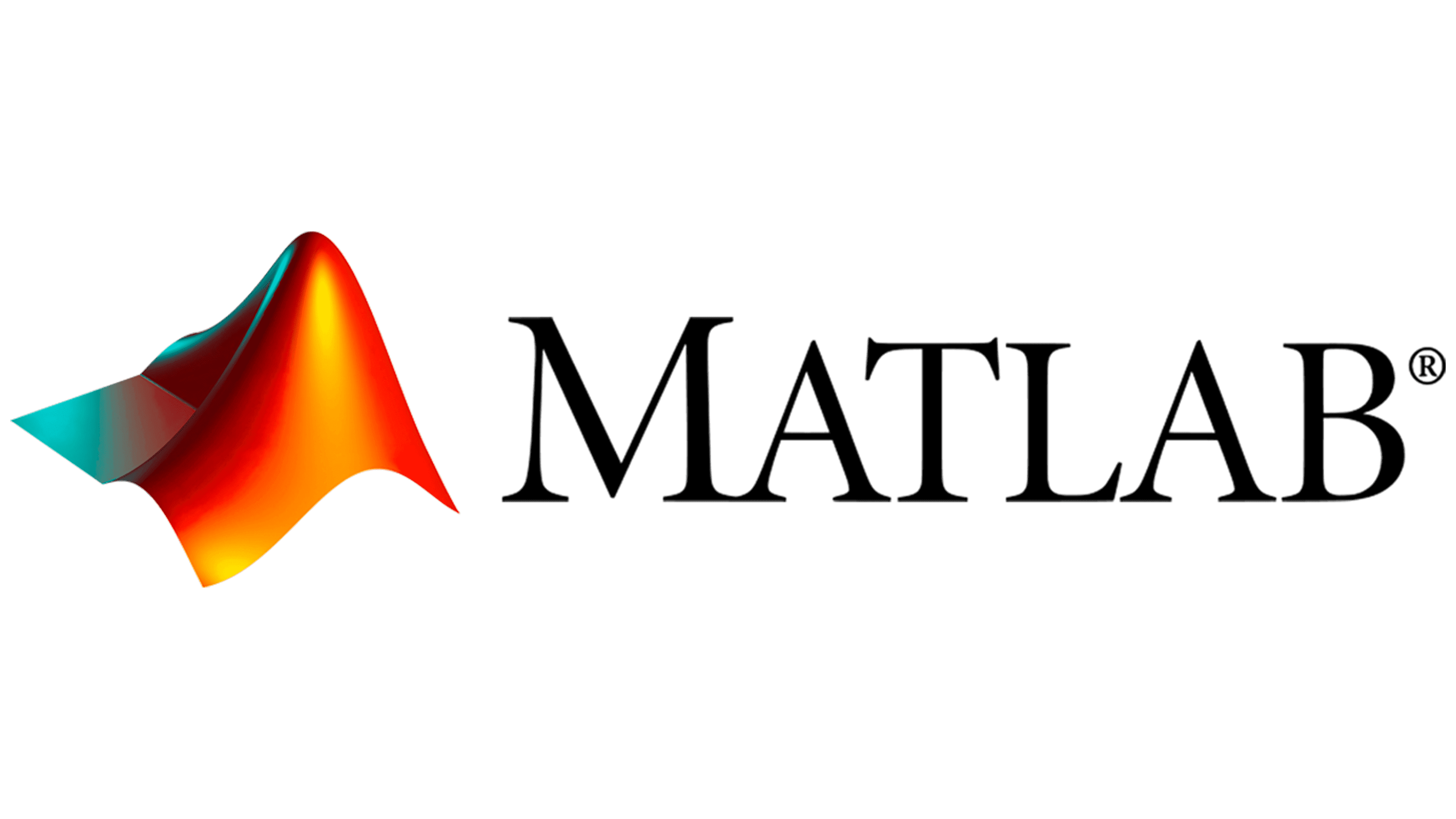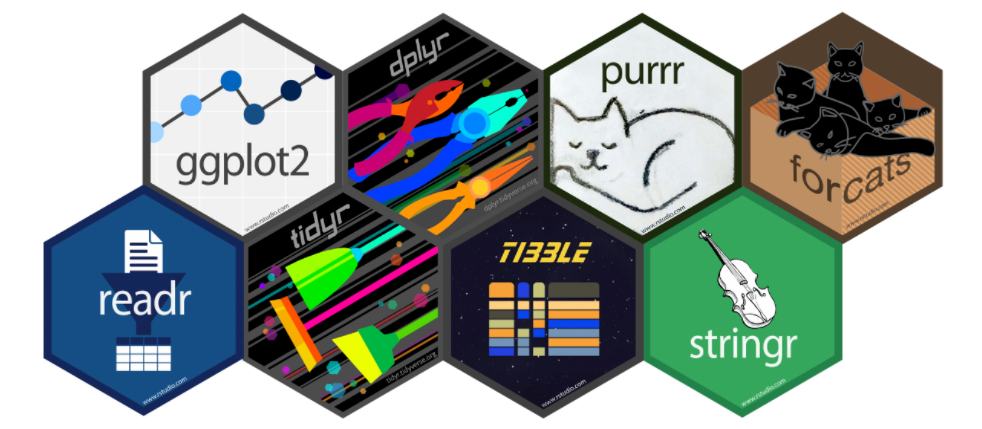|
Issue 51
Stay informed about what's happening on nanoHUB! Check out featured resources, upcoming events, new tools and more below. Featured ResourcesMATLAB R2021a
MATLAB, the programming and numeric computing platform, is available to use for free on nanoHUB.
The MATLAB tool on nanoHUB gives you access to the full MATLAB desktop, including most toolboxes, Simulink®, and Simulink-based products.
Using the MATLAB tool on nanoHUB, you can run scripts and Live Scripts posted on nanoHUB, including homework problems, research code and other nanotechnology examples, or use your own code. You can use MATLAB in your research and education activities including for:
- Analyzing and visualizing experiments
- Building user-friendly apps to process and visualize datasets without programming
- Using advanced algorithms, such as statistics and Deep Learning
- Developing embedded control systems using Model-Based Design
- Sharing analysis and results with research colleagues and students with MATLAB Drive or MATLAB File Exchange
- Teaching engineering and science concepts
tidyverse Data Science Tools for STEM Applications and Datasets
This tool provides introductory materials for exploratory data analysis utilizing datasets from different STEM applications and case studies that can be introduced as working examples for hands-on classwork activities.
Courses across the whole curriculum for a STEM degree can benefit from introducing students to modern tools for data analysis (e.g., statistics, physics and chemistry labs, and others), or having students use their skills in data preparation and exploration. Upcoming EventsnanoBIO Simulation in Education Workshop Series
Join NCN's nanoBIO node for their ongoing Spring Recitation series on simulation in education. This workshop series is intended for researchers and educators to examine implementations of nanoBIO and other cloud-based applications (apps) in educational settings. Each workshop will include presentation of the use of one or more apps along with a discussion of supporting materials such as problem sets. Discussion time will be reserved for workshop participants to ask questions, offer insights for improvements and discuss how to modify the content for their own work.
Upcoming Sessions:
Title: How to create an educational module using cloud based apps: mapping learning objectives and audience onto the tool.
Date: April 14th 2022, 3:00 PM EST
Register Here
For more information, please visit the nanoBIO seminar page. nanoHUB Tips and TricksHow to Reset Your nanoHUB Password
Did you know? Resetting your password on nanoHUB is easy! If you forgot your password and are having trouble accessing your account, you can navigate to the Reset Password page. You will be prompted to enter the username or email address associated with your nanoHUB account and you will be sent a verification code to your email that will allow you to choose a new password for your account.
Please note, if your nanoHUB account was created using institutional credentials or through Google, you will need to use those credentials to log in to nanoHUB on the designated sign-in pages here.
How to Find nanoHUB Content using Tags
Did you know? You can use tags to find resource content on nanoHUB. Check out this short tutorial to learn how to use tags to quickly find content relevant to what you're interested in, including tools, presentations, courses, and more. New Resources
This two-part workshop demonstrates the use of the MATLAB tool in education and for machine learning. MATLAB is available to use for free on nanoHUB. There is no need to install any software.
Part one of this series covers data analysis with MATLAB. In this presentation Gen Sasaki demonstrates how MATLAB can be used to visualize and analyze data, perform numerical computations, and develop algorithms.
Part two covers machine learning with MATLAB. In this presentation Gaby Arellano Bello introduces machine learning techniques available in MATLAB to quickly explore your data, evaluate machine learning algorithms, compare the results and apply the best technique to your problem.
Visit the MATLAB Group page on nanoHUB to explore the discussion forum or ask questions about the training series.
In this presentation Alejandro Strachan discusses how data science is accelerating innovation in STEM fields. He shares examples from the field of materials science where tools can speed up the discovery and optimization of new materials and reduced the associated cost. Last, he introduces data science and cloud computing resources in nanoHUB, an open cyberinfrastructure for cloud scientific computing that seeks to maximize the impact of simulations and data in education and research. Share Your FeedbackThank you fo r being a valued member of the nanoHUB community and subscribing to our newsletter! We would like you to get the most out of the nanoHUB newsletter and welcome any feedback you would like to share on our quick 2-question survey. r being a valued member of the nanoHUB community and subscribing to our newsletter! We would like you to get the most out of the nanoHUB newsletter and welcome any feedback you would like to share on our quick 2-question survey.
|




